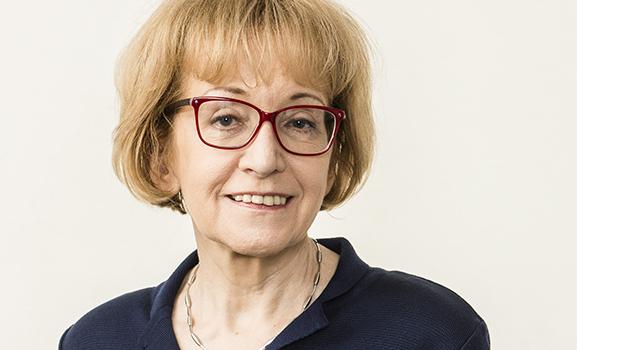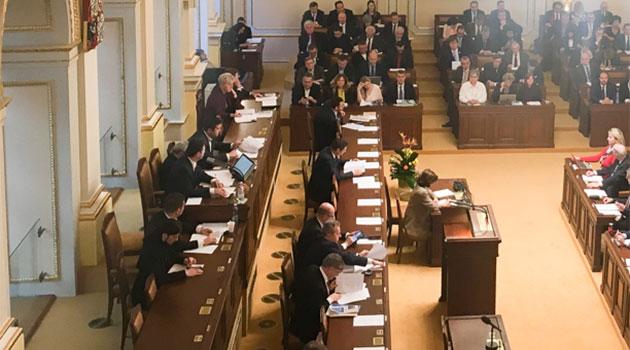Czech Government Commissioner for Human Rights files report of crime over media coverage of her past

News server Deník N reports Czech MP Helena Válková (Association of Dissatisfied Citizens – ANO), who is currently the Government Human Rights Commissioner, has filed a crime report on suspicion of defamation with regard to an article published by news server Info.cz about her co-authorship of academic work with Communist prosecutor Josef Urválek prior to 1989. The article alleged that by doing so, she contributed to the bullying of dissidents during communism, but she asserts that she did not.
She is also asking for an apology from historian Petr Blažek, who is quoted in the article, but both Blažek and Michal Půr, the editor-in-chief and publisher of Info.cz, have told Deník N that they stand behind the content of the article. The server published material on 9 January according to which Válková wrote an academic analysis with Urválek at the close of the 1970s defending the institution of protective surveillance, a law enforcement option that ended up being abused by the communist regime to bully dissidents.
In 1950, as prosecutor, Urválek was involved with the show trial that sent Czechoslovak politician Milada Horáková to her death by execution. Several days after Info.cz published their article, Válková decided not to allow herself to be put forward as a candidate for the job of Public Defender of Rights.
Válková justified her decision by referring to her pre-1989 membership in the Communist Party of Czechoslovakia, but not to the work co-authored with Urválek, and her crime report claims that she “never contributed to the bullying of dissidents, and certainly not with the man who sent Horáková to her death”. The crime report also rejects Blažek’s allegation that Válková “had to have known” that protective surveillance was being abused to bully opponents of the regime.
According to the crime report, the historian has no evidence of that assertion and when she wrote the academic work, Válková did not know that protective surveillance was being misused. “As I announced, I will be defending myself through the courts against these unacceptable lies and slanders,” she told Deník N.
Protective surveillance made it possible for the Czechoslovak courts to order convicts to reside in certain areas only, or to ban their visiting certain places, or to make it impossible for them to change jobs. “We stand by the article about Professor Válková and we don’t see any problem with it,” Půr told Deník N.
Blažek has reiterated his assertion that Válková “had to have known” about the bullying of dissidents by means of protective surveillance. “If she’d been an independent attorney, or a staffer at a law department, I’d be willing to believe her,” the historian told Deník N.
“However, she worked on the subject of protective surveillance on the basis of statistics available to her. A component of those statistics should have been such cases as well, and for that reason she doubtless had to have known which crimes the protective surveillance was being used for,” Blažek told Deník N.
Although Válková recused herself from being considered for the post of Public Defender of Rights after the Info.cz article was published, she refused to resign from the Government Human Rights Commissioner job after representatives of the parliamentary opposition, as well as a volunteer civil society member of the Government Council for Human Rights, Tomáš Němeček, called on her to resign from that role as well. On 16 January, most of the 25 members of the Czech Government Council for Human Rights supported her remaining in the appointment.
Němeček and another volunteer civil society member of the Government Council for Human Rights, Hubert Smekal of Masaryk University, resigned thereafter. The Government has since met to discuss the option of dismissing Válková but did not take a vote on that occasion.
